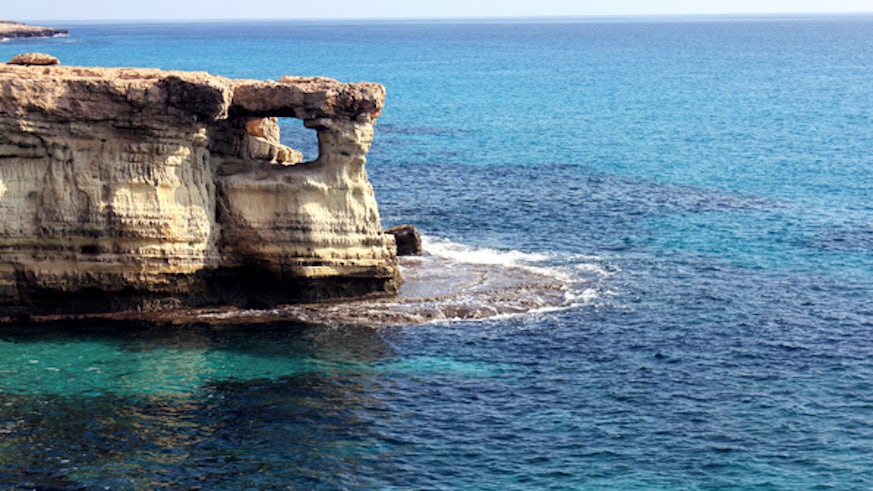Oil spill mitigation
21 October 2015

The ‘Deepwater Horizon’ oil spill in the Gulf of Mexico highlighted the necessity of being prepared to respond rapidly to oil spills. The NEREIDs project aims to strengthen marine pollution preparedness in Greece and Cyprus in the light of current oil and gas drilling activities in SE Mediterranean. Tiago Alves and his colleagues have produced ‘best practice’ advice for dealing with such emergencies and have been involved in training civil protection authorities in Cyprus and Greece. This part of the Eastern Mediterranean has a number of protected environmental areas and is popular with tourists and this study confirms that marine pollution preparedness is vital for its protection.
Oil slick trajectories are controlled by a combination of winds, tides, currents and the coastal geography. The shoreline susceptibility varies significantly depending on the coastal morphology, degree of exposure to wave action, and on the existence of uplifted wave-cut platforms, coastal lagoons and pools. The simulations in this study combined bathymetric, meteorological, oceanographic, and geomorphological data to model more than 100 spills and showed that spills within the Levantine Basin would reach the coast of Cyprus in between 4-7 days in summer conditions (8-14 days in winter). They authors recommend the deployment of chemical dispersants and booms in the very few hours after large accidental oil spills in this area.